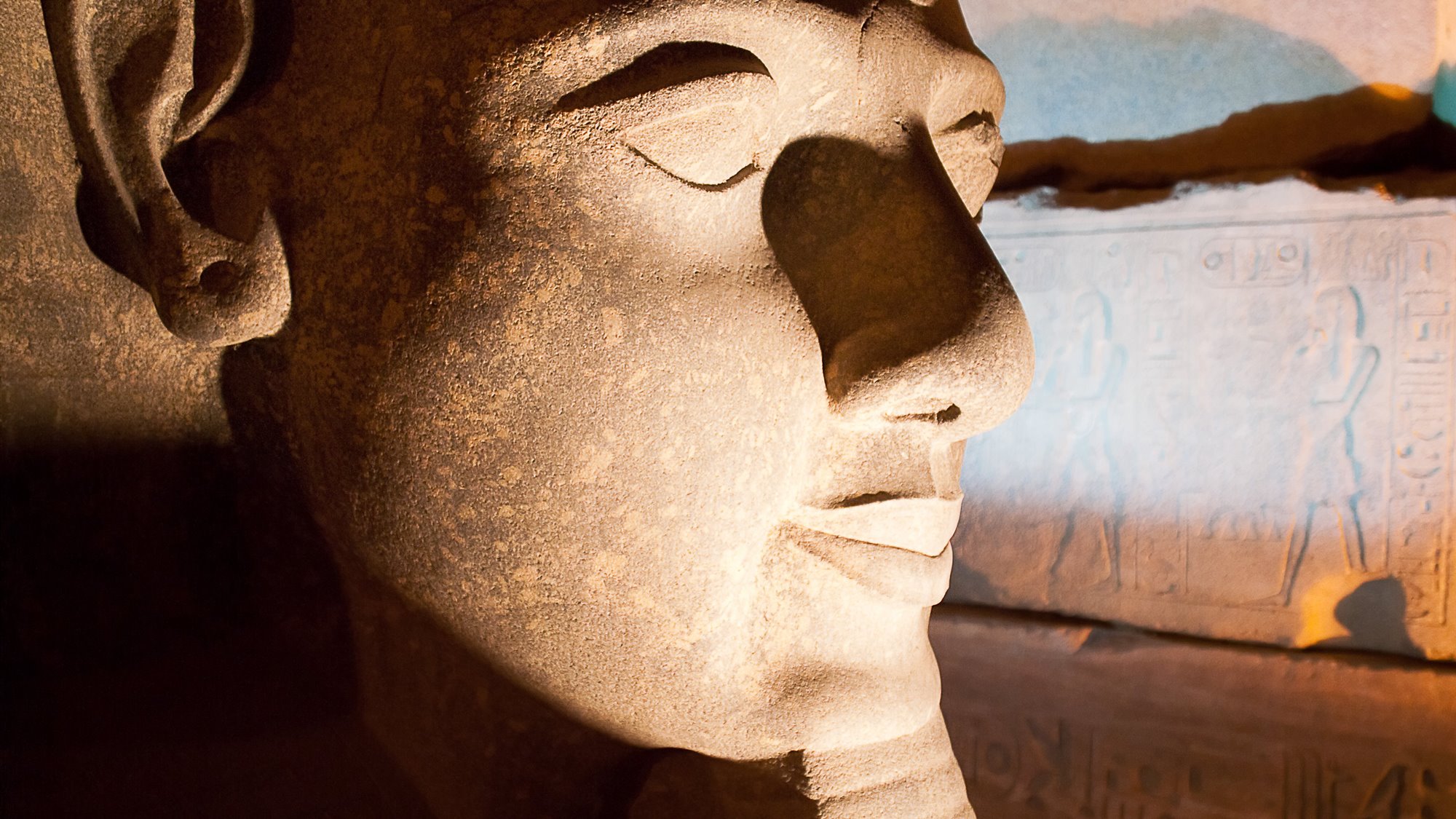About US The Writers & Researchers
Archaeology Travel is an award-winning website created for everyone who enjoys exploring our world’s histories, from humanity’s earliest times to the more contemporary pasts.
Archaeology Travel is an online travel guide that provides users tools and resources to create with confidence customised itineraries based on personal interests in art, archaeology and history.
Archaeology Travel is produced by professional archaeologists and historians with a passion for travel, sharing first hand experiences and detailed research about where to go and what to see, while promoting meaningful engagement with heritage sites and sustainable travel.
Who Are We
Archaeology Travel was founded by Thomas Dowson in 2011, an archaeologist who trained as an archaeologist in South Africa and taught archaeology at universities in England. Over the years a number of archaeology and history students have written for Archaeology Travel. Some were interns fulfilling degree requirements, others wrote for extended periods. See a full List of Previous Contributors and Researchers. Today there is a small team of writers and researchers, archaeologists and historians with professional qualifications in those subject areas, producing the guides on the website.
The following are the current writers and researchers producing content on Archaeology Travel.


Thomas Dowson
Born in Zambia, I trained as an archaeologist at the University of the Witwatersrand (South Africa) and taught archaeology at the universities of Southampton and Manchester (England). The way archaeology is presented to the public influenced my academic research and teaching. Starting and developing Archaeology Travel has been a dream come true.

Ethan Doyle White
My PhD is in Medieval History and Archaeology, from University College in London. When not visiting archaeological sites and historical monuments at home and abroad, and writing about these for Archaeology Travel, I research and publish on religion in early Medieval England as well as the contemporary uses of heritage.

Alexander Gräf
A fullstack developer, explorer & puzzle solver, born and raised in Germany. I spent a couple of school years in Nigeria, which transformed my way of seeing the world. I am a restless optimist, with a world around me that sometimes needs tweaking to fit mine! Recently, I have been transforming Archaeology Travel into its new shell.

Dulcie Newbury
Currently I am studying for my PhD in archaeology, which focuses on gender and queer theory. With a passion for history and heritage, and the role these can play in mental health and wellbeing, I can often be found exploring new places and writing about them. When not studying, I love to read and travel.

Gianluca Pitzeri
Born and raised in Sardinia, from an early age I dreamt of discovering ancient ruins. Currently I am completing a Master's degree in Archaeology and Art at the University of Cagliari in Sardinia. What particularly interests me nowadays is the potential digital technologies can make to enhancing visitor experience at archaeological sites. This will be he topic of my thesis.

Doaa Yousef
I am passionate about the representation of ancient Egypt; especially in museums. I received education in Egyptology, Museum Studies, Art, and Heritage Studies, and I have a well-established career which provided me with great experiences in teaching and academic writing, exhibitions, collection management and community engagement.
What We Do
Our mission is to encourage and help everyone explore our world’s pasts in more sustainable and engaging ways (read more about our Mission and Vision).
We do this by providing suggestions for where to go and what sites and landmarks, monuments and museums to see, as well as tips on how to make the best of your visits. This information is always based on our personal, first-hand experience, and/or exhaustive research that we carry out.
We present this information in our regional and thematic guides on a unique platform that enables you to build your own itineraries based on your interests.
How do we create a website that you can trust?
In four ways. We produce (1) authoritative content based on (2) first-hand experiences and/or (3) expert research and present this on a (4) technically competent and unique platform.
Authoritative Content
Our articles are based on more than one visit. In the last five or so years, with the widespread adoption of online booking systems, how we get into a site has changed quite dramatically. Thomas has visited the Acropolis in Athens at least once a year in mot years since 2013. Over this period he has seen many changes in the entry process. His article on buying tickets for the Acropolis, first published on Archaeology Travel in 2013, has changed dramatically since then with the various developments over the years. This is why our articles on the Acropolis, and others, are the most authoritative on the internet.
Our guides are similarly authoritative. We are not restricted by what sites and museums we can include. In many regions around the world, what gets included in a list is dependent on who owns or manages the sites. Take Devon in south west England as an example. Anyone looking to visit there and see as many sites and museums as they can needs find the leading national websites, the local government website, as well as websites for privately owned attractions. These different organisations are in competition to visitors, so there is rarely any collaboration between them.
Archaeology Travel cuts through these politics and local situations. We list all sites and museums, without favour. So visitors to this website can make a more informed choice of the sites they want to visit. Our regional lists are either already more inclusive or in the process of becoming so as we continue our research.
First-Hand Experience
To write some of the articles we do we visit the sites and museums ourselves. When we visit a site we don’t just enjoy the attraction and then write about it. We are attentive to the many aspects and characteristics of that attraction. Our recommendations and tips then are based on these first-hand observations. In our articles we make it clear what we are basing our decisions on.
For instance, when Gianluca visits Pompeii in November, we are mindful that any advice about visiting the site in June is very different. Hence our articles are often supplemented with the experiences of more than one researcher. Our article on visiting Pompeii, although written by Gianluca following his visit in November, is enhanced by observations made by Thomas when he visited in June.
Expert Research
There are websites that do much the same as Archaeology Travel, and they probably have many more sites and museums listed. They can achieve this because in most cases this information is scraped from other sources on the internet.
All our content is exhaustively researched. From the pinpointing of a site on the map (there are many errors in Google’s maps) to the details about visiting a site or museum, and the information about a site or museum you might read on information panels, leaflets or from a guide. Everything is thoroughly checked.
As professionally trained archaeologists and historians we know how and where to carry out this research. So when a guide to the extraordinary Ice Age cave of Font de Gaume tells you it is the “last polychrome prehistoric painting open to the public anywhere in the world”, we know they are wrong.
Unique Platform
What Our Readers Say
On the website,
Your information is the best. It helped me a lot. I have just successfully reserved tickets yesterday by mail.
by email,
I’ve been using your website to plan a trip to France. It is an excellent website with great information, and I am very glad I stumbled across it.
on Instagram,
What a lovely IG feed to stumble upon. Informative, creative and original in equal measure!
on Facebook.
Following your page is like having my own personal tour guide. Thank you!



